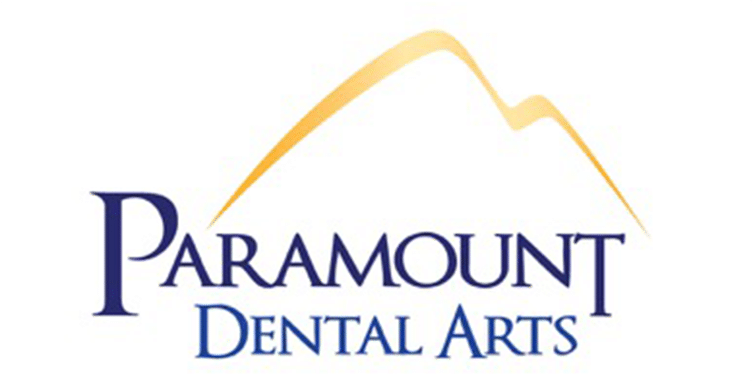If you've been considering dental implants to replace missing teeth, one of the first questions likely on your mind is, “Are they covered by dental insurance?” Dental implants are a popular and effective solution for restoring oral health, but the costs involved can be significant. Navigating the world of dental insurance can feel overwhelming, especially when determining what is covered and what you'll need to pay out of pocket. We're here to break it all down so you can make informed decisions about your oral health care.
With years of experience helping patients like you, we know how important it is to understand your financial options. Let's explore how dental insurance typically works when it comes to dental implants and what you need to know before undergoing this life-changing procedure.
Understanding Dental Implant Coverage
Dental insurance plans vary widely, and it’s essential to understand exactly what your plan covers. Most traditional dental insurance policies categorize dental treatments into three groups:
- Preventative care, such as cleanings and exams, which are usually covered in full or at a high percentage.
- Basic restorative care, like fillings or simple extractions, which often receive moderate coverage.
- Major restorative care, including dentures, crowns, and, in some cases, dental implants, which may have limited coverage or none at all.
Dental implants are often considered a cosmetic or elective procedure and fall under the "major restorative care" category. Because of this, some insurance plans may not cover the full cost of implants. However, many insurance providers offer partial coverage of the procedure, particularly for aspects like the crown, abutment, or even a portion of the surgery.
For those without comprehensive dental insurance, many dental practices, including ours, provide financing options to help make treatments like implants more accessible.
Medical Insurance and Dental Implants
One important thing to note is that your medical insurance might come into play in certain situations. If the dental implants are needed due to a medical condition, an accident, or if oral surgery is involved, your medical insurance may cover part of the associated costs. For example:
- Bone grafting or sinus lifts that prepare your jaw for dental implants might be eligible for medical coverage if deemed medically necessary.
- If tooth loss was the result of an injury or condition like oral cancer, medical insurance could potentially cover specific portions of the dental implant process.
Be sure to consult both your dental and medical insurance providers and ask detailed questions to understand your coverage. At Paramount Dental Arts, we’re happy to help you assess and clarify your benefits.
Out-of-Pocket Costs for Dental Implants
For patients whose insurance provides limited or no coverage for implants, understanding the out-of-pocket costs is crucial. While dental implants may seem expensive initially, they are a long-term investment in your oral health. Unlike dentures or bridges, implants are designed to last for decades with proper care and maintenance.
Out-of-pocket expenses generally include:
- The surgical placement of the implant.
- The abutment that connects the implant to the crown.
- The custom-made crown itself, which serves as the replacement tooth.
The total cost can vary, depending on the complexity of the case and the type of materials used. To make implants more budget-friendly, Paramount Dental Arts offers flexible payment plans and financing options to ensure you get the care you deserve.
What You Can Do to Reduce Costs
If you're exploring dental implants, there are a few strategies to help minimize your costs and maximize your insurance benefits:
- Check Your Insurance Plan: Review the details of your dental and medical insurance plans to determine what is covered. Don’t hesitate to ask your insurance provider directly for a breakdown of benefits.
- Health Savings Accounts (HSAs) or Flexible Spending Accounts (FSAs): These pre-tax accounts can be used for many dental implant expenses, effectively reducing your total out-of-pocket costs.
- Financing Programs: Many dental practices, including ours, offer in-office financing or partnerships with third-party financing providers to make payments more manageable.
Our team is here to assist you with understanding your options and finding solutions that fit your budget.
Frequently Asked Questions About Dental Implants
What is typically included in the cost of dental implants?
The cost of dental implants usually includes the surgical placement of the implant, the abutment, and the crown. Additional expenses may arise if preparatory procedures, such as bone grafts or extractions, are required.
Will my dental insurance cover dental implants if I’ve lost a tooth due to an accident?
Coverage depends on your specific insurance plan. For injuries resulting from an accident, some dental or medical insurance providers may cover a portion of the implant procedure. We recommend checking your policy or contacting your insurance carrier for clarification.
When it comes to dental implants, being informed about your insurance coverage and payment options is the first step toward restoring your smile. At Paramount Dental Arts, we’re here to guide you through every stage of the process, from understanding your insurance to providing world-class care.
At Paramount Dental Arts, we proudly serve patients in Clifton, NJ, and surrounding areas. Our compassionate team is here to help you achieve a healthy, beautiful smile in a comfortable and welcoming environment. Contact Us today to schedule your appointment and take the next step toward oral health.

